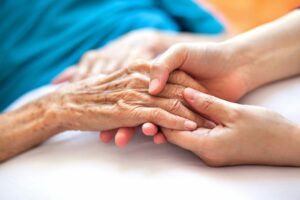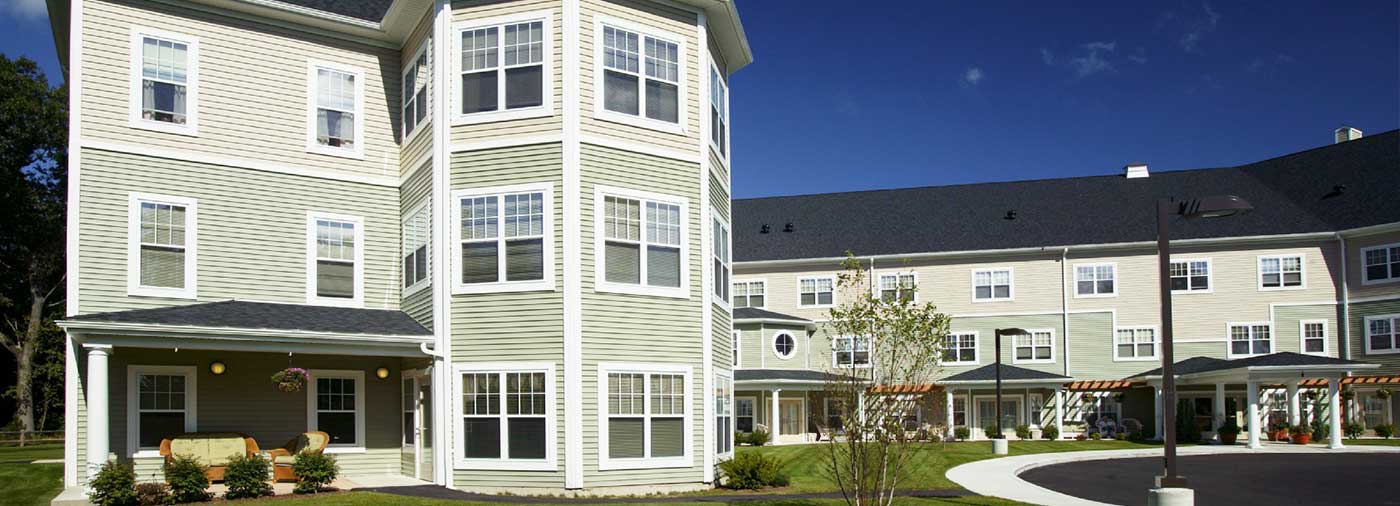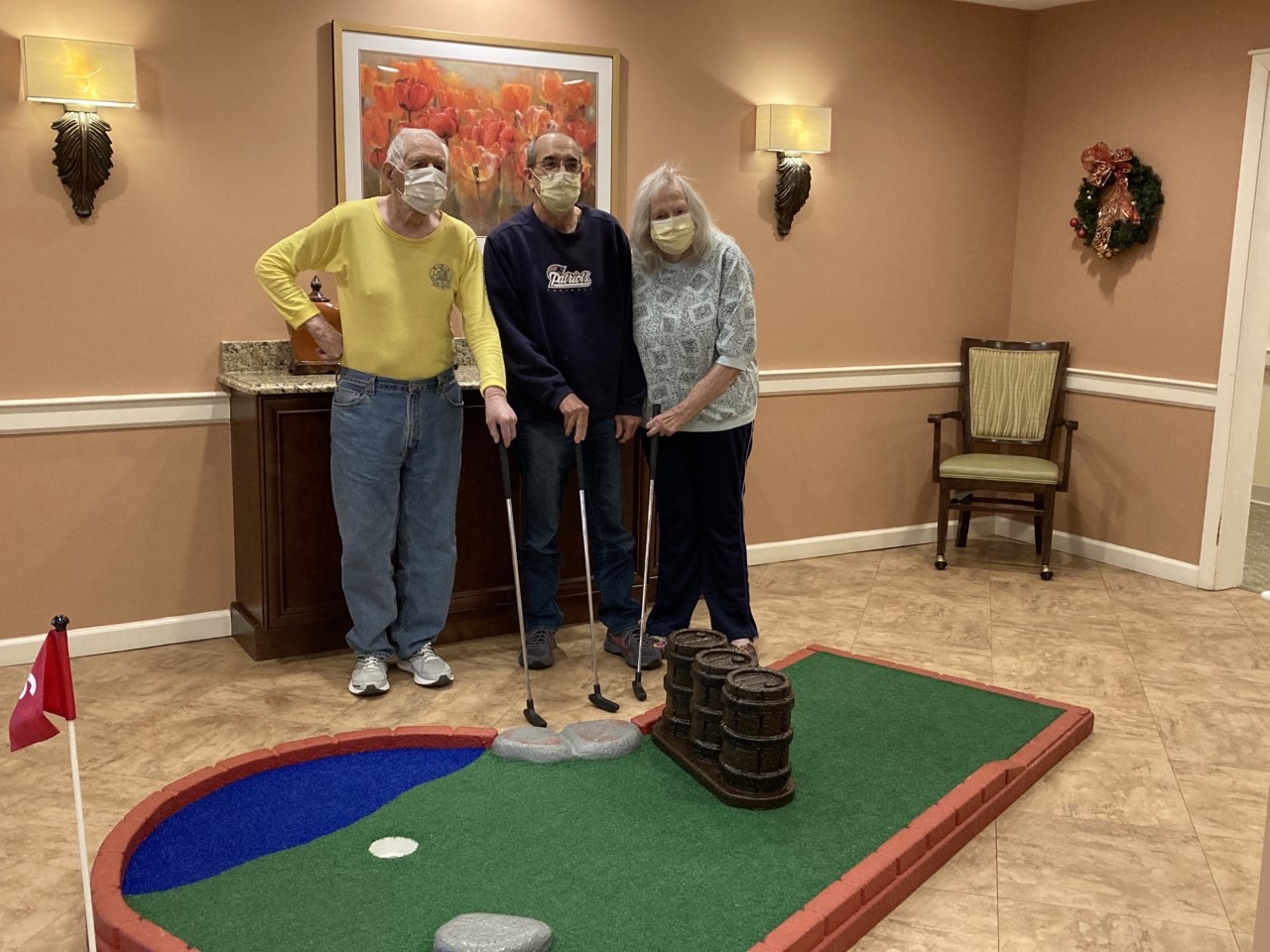It’s common for some people in their senior years to suffer from clinical depression, but that doesn’t make it normal. Here are some signs to help you recognize depression in seniors.

More than 6 million Americans aged 65 years or older are affected by depression, but as few as 10% receive treatment.
This may be because depression in older adults can be confused with the effects of illnesses and the medicines used to treat them.
Depression in seniors can severely limit the ability to rehabilitate from illness. Most often associated with an increased risk of cardiac diseases, depression increases the likelihood of death from those illnesses.
Even if mild, depression should be evaluated and treated.
Because seniors are expected to slow their activities at this stage of life, the signs of depression may often be missed by family and medical professionals.
Senior Depression: Is it Just Sadness?

Depression is more than just feeling sad or blue. It is a common but serious mood disorder that needs treatment.
Elderly individuals with depression may not feel “sad” at all. It may seem that sadness and depression go together, but many seniors with depression claim not to be sad.
They may complain of not feeling motivated or of having a lack of energy or they may suffer from physical problems—all of which may represent symptoms of depression.
Despite the fact that most older adults feel satisfied with their lives, life changes may cause feelings of uneasiness, hopelessness, or guilt—all different from sadness.
It’s important to note that, while sadness and depression are different, it can be a harbinger of depression or other serious medical conditions.
Sadness can be a symptom of depression in seniors—it’s just not the only one.
Grief vs. Depression in Seniors

As we age, we experience losses of different types. Whether it is a loss of independence, career, mobility, health, or a loved one, loss is painful.
Grieving over these losses is normal and healthy, even if the feelings of sadness last for a long time.
Distinguishing between grief and clinical depression isn’t easy because they share many of the same symptoms. There are ways, however, to tell the difference.
Grief is a roller coaster of a variety of emotions and a mix of good and bad days. There are moments of pleasure or happiness. With depression, the feelings of emptiness and despair are constant.
Grief is different for everyone and there is no set timetable for the grieving process.
Feelings of sadness will decrease over time and there are days when a good joke, a loving hug, and a beautiful sunset will bring moments of joy.
If not, it may be that your loved one is depressed.
Symptoms of Depression in Seniors

Insomnia is a symptom of depression, and it is also a risk factor for depression onset and recurrence.
Other sleep disturbances, including difficulty falling asleep or staying asleep, oversleeping, or daytime sleepiness are symptoms also of depression.
More depression symptoms in seniors:
- Sadness or feelings of despair
- Feelings of hopelessness or helplessness
- Fixation on death or thoughts of suicide
- Unexplained or increased aches and pains
- Loss of interest in socializing or hobbies
- Weight loss or loss of appetite
- Slowed movement or speech
- Lack of motivation and energy
- Neglect of personal hygiene
- Skipping meals or forgetting to take medication
- Increased use of alcohol or other drugs
- Worries about being a burden, feelings of worthlessness, or self-loathing
- Memory problems
Depression may reveal itself through physical complaints rather than traditional symptoms.
Older adults may not realize they are suffering from depression or may wrongly believe there is no help for them.
This can often delay appropriate treatment.
Seniors may assume they have good reason to be “down” or they may think depression is just a part of aging.
- They may live alone and feel isolated with few to notice their distress.
- They may not realize their physical complaints are signs of depression.
- They may be reluctant to talk about their feelings or ask for help.
Causes of Depression in Seniors

It’s important to understand some medical problems can cause depression in older adults either directly or as a psychological reaction to the illness.
Any chronic medical condition, particularly if it is painful, disabling, or life-threatening, can lead to depression or make the symptoms of depression worse.
These medical conditions include: Parkinson’s disease, stroke, heart disease, cancer, diabetes, thyroid disorders, vitamin B12 deficiency, dementia and Alzheimer’s disease, lupus, and multiple sclerosis.
Symptoms of depression can also occur as a side effect of many commonly prescribed drugs.
Those taking multiple medications are particularly at risk.
Some medications that can cause or worsen depression include:
- Blood pressure medicine
- Beta-blockers
- High-cholesterol drugs
- Tranquilizers
- Sleeping pills
- Ulcer medication
- Heart drugs containing reserpine
- Calcium-blocking drugs
- Steroids
- Medications for Parkinson’s disease
- Painkillers
- Arthritis drugs
- Estrogens
Depression can happen to anyone as they age, but it is not an inevitable part of getting older.
With the right support, treatment, and self-help strategies, those with depression can feel better, be more prepared to cope with the challenges of growing older, and be ready to make their senior years healthy, happy, and fulfilling.
Concerned about a Senior loved one?

If you’re worried that your loved one may be experiencing depression in their senior years, please contact a health professional.
In the meantime, we’ve provided some resources which offer some ideas to help your loved one.
- Dementia Behavior Management & Caregiver Challenges
- Caring for a Loved One—and Yourself in the Process
- Aging with Dignity: Responding in a Crisis (Video)
- What to do When Caring for an Older Adult Becomes Too Difficult
- The Value of Volunteering in Your Golden Years
- Natural Ways to Boost Seniors’ Immune Systems
- Safe Driving for Seniors
Contact Us
In addition to housing, healthcare and programs for seniors, SALMON Health and Retirement communities offer resources for caregivers and family members.
To learn more about the options available to you and your loved ones, contact us today for more information.




